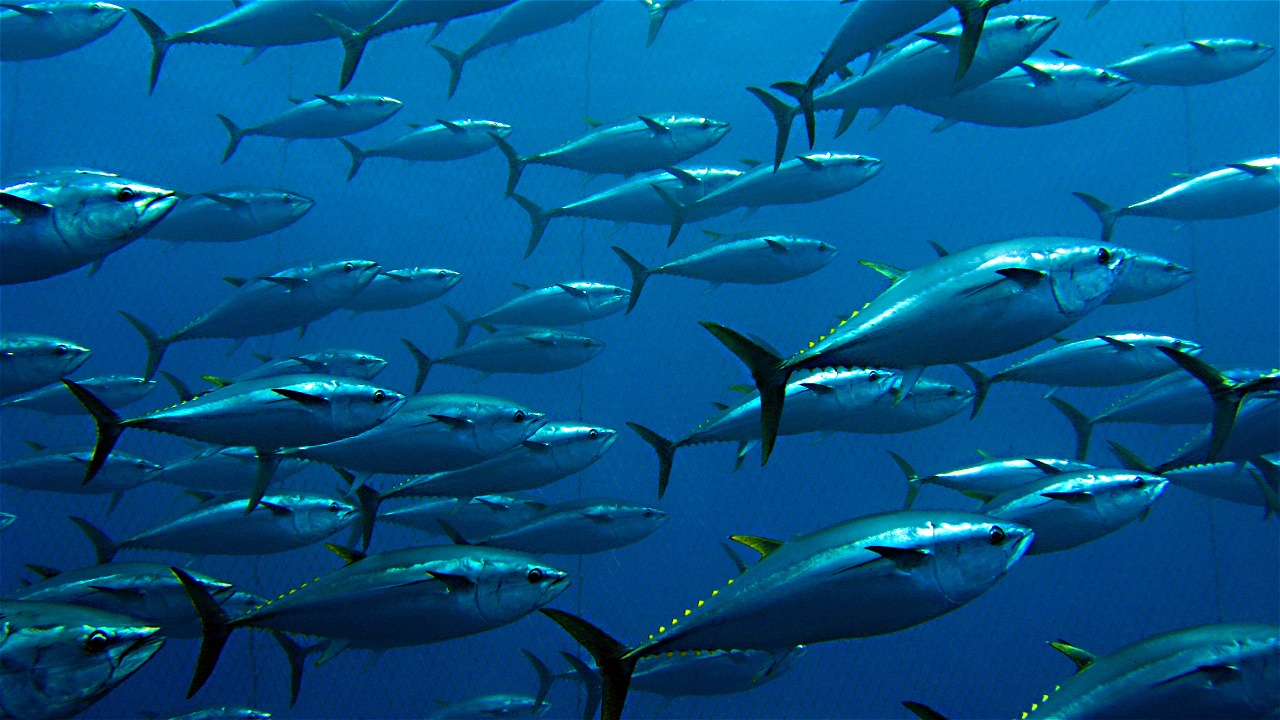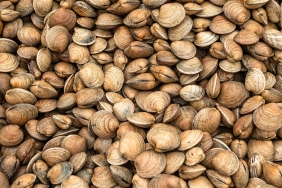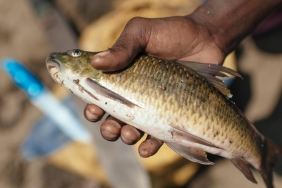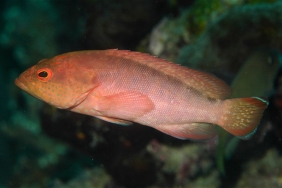BAD FISHERIES, BUYERS RESIST INDONESIAN TUNA
The embargo threat for Indonesian fishery product is getting stronger. The threat is caused by the rapidly growing import policy released by Indonesian tuna importer countries, such as United States and European Union. Some ground rules produced to manage the incoming traffic of the fishery product are quite strict, including traceability, comprehensive understanding of fishery stock, strict eco-friendly fishing methods, transparent fishery management, and released customer’s notes from independent associations legal certificates on the variety of fishery products. For Indonesians, the endless homework to eradicate the ongoing destructive fishing is a undeniable threat not only for the environment, but also for the economic growth and fishery sector.
Responding to the challenge, Ministry of Marine and Fisheries (KKP, Kementrian Kelautan dan Perikanan) together with WWF-Indonesia as a supporting partner, have managed to list the inventory and possible effort to improve the network on overcoming the related issues. Fisheries Improvement Program, for both coral fish and tuna, have been done several moments before in a comprehensive workshops. The objective is clear, to overcome the end to end fishery problematic issues, and to increase related fishery commodity production. By improving recovery effort, it will also improve our bargaining position on our product globally.
Indonesia, Bombarded
On Tuesday (7/30/2013), Director General for Aquaculture Fisheries, held a workshop responding to several others on the same subject. But at that time being, the workshop focused on several agenda on the eradication of destructive fishing by releasing ministry-level policies, based on scientific and policy analysis.
On his statement, Abdullah Habibi, Capture Fisheries Coordinator, Marine and Fisheries Program WWF-Indonesia, re-presented WWF-Indonesia reports on latest condition of fish bombing in East Flores. The report, entitled “The Portrait of Tuna Bombing in Kabupaten East Flores Water Area” (Potret Pemboman Ikan Tuna di Perairan Kabupaten Flores Timur), had previously been presented on a press release (3/13/2013) several times ago. WWF Survey Team discovered, on a sample, that in one particular small village, they found 98 of 2-3 Gross Tanase (GT) fleets used by local fishermen to catch tuna using bombs. Similar act was also found in other water area in Kabupaten East Flores, including Tiga Island, Solor Strait, southern part of Solor Island, Lamatera Strait, and southern part of Lembata.
This fish bombing is not only creating destructive impact to the ecosystem, but also a great waste, specifically for tuna’s natural source. WWF’s findings recorded at least 50% of bombed tuna ends as waste, as they sunk in the bottom of the ocean just before the fishermen got the chance to lift them out to the deck. The bomb did not work only for the tuna, but also for other- conserved- species as dolphins which happen to be in the same area, oftenly suffer the severe impact. And for the fishermen, some who accidentally suffer the impact, should permanently lost their body parts or event their lives. In a sample village, in which the survey was conducted, 5 deaths and 2 disables were recorded since 2004 as the result of fish bombing.
Achieving Sustainable Fisheries Certification
The latest workshop resulting on the continuity on the eradication of illegal fishery. Present global market, especially big countries as European Union and United States, demand transparency on how it produced toward seafood products transferred to their area. United States address their commitment to import only sustainably produced fish, on transparent methods (the way it caught, documented, and managed), and it must hold approved certificates. Several European Union countries have addressed similar thoughts. Moreover, they can simply lift embargo to exportir countries as the sanction for the illegal production.
The workshop resulted several recommendations which include related authorities to classify their responsibilities and operational management. For example, the necessity to increase fishery activities patrol in the local authorities by Ministry of Marine Resources (PSKDP) and to enforce the basic rules of fishery production based on MSC (Marine Stewardship Council) certification. Director of PSKDP, Ir. Sere Alina Tampubolon, on her speech, stated the necessity to embrace commitments for all related supporting fields to eradicate destructive fishing. Fishery management can not be implemented on sectoral means, but it has to be integrated thoroughly with the presence of all of the stakeholders concerning to this. This workshop is the initial step to grow a long-term commitment for multi-stakeholders to sustain Indonesia’s economy, especially in the sustainable fishery. (AM)





